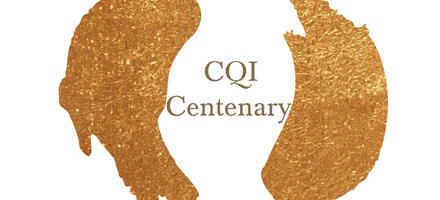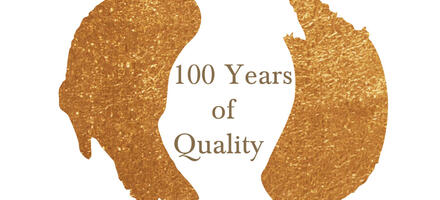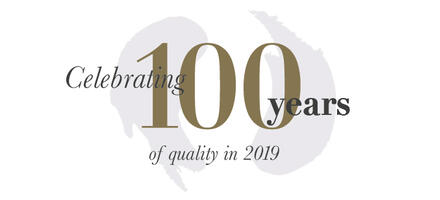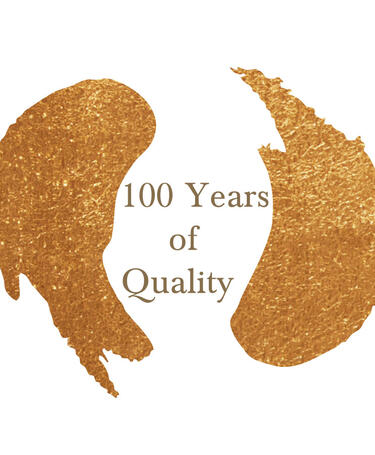
100 years of quality
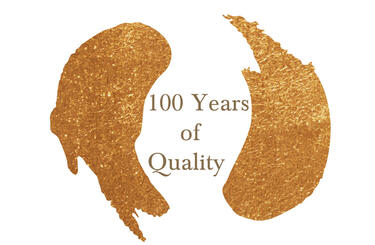
As part of the CQI’s centenary celebrations, Quality World focused on the past 100 years, looking at each decade, to provide readers with examples of major developments that influenced the quality profession.
Quality World created a timeline looking at the CQI's major milestones over the past 100 years.
1920s
The 1920s saw the birth of statistical process control. In the early 1920’s, Walter A Shewhart, a physicist, engineer and statistician from New Canton, Illinois, USA, prepared a notable memorandum which described the essential principles of statistical quality control (SQC) and which also contained a simple control chart, for Bell Labs, where he was working at the time.
1930s
The 1930s was a time of innovation and technological advancements. QW focused on Australian-born sociologist Elton Mayo and his experiments at Hawthorne Worls, a Western Electric factory in Chicago, US.
1940s
In 1947, the International Organisation for Standardization was established in London by delegates from 25 countries.
1950s
W Edwards Deming worked as a quality expert for the Bureau of the Census from 1939 to 1946, where he managed 450 people and helped to develop the methods, procedures and processes used by the bureau.
1960s
The concept of Kaizen was developed in Japan in the 1960s. Kaizen is a Japanese word that means change for the better and involves everyone in the organisation.
1970s
Quality is Free is published by Philip Crosby, a quality professional, consultatnt and author who established practical ideas to explain and communicate quality improvement practices.
1980s
In the 1980s, Japan was leading the way in Total Quality Control, which became Total Quality Management (TQM) in the West.
1990s
In the 1990s, John Kotter, Emeritus Professor in organisational sciene and change management at Harvard University, emphasised the human side of change in change management. Change management from an organisational perspective referes to any event or programme a business undertakes that causes major disruption to daily operations.
2000s
In February 2001, 17 software practitioners created the Agile Manifesto, at a ski resort in Utah, US. The group wanted to establish common principles at a time when software development involved the arbitrary mixing of old and new methodologies.
2010s
Industry 4.0 was coined at the Hannover Fair in Germany in 2011 to describe how emerging digital technologies will radically change global value chains.
Quality World

Get the latest news, interviews and features on quality in our industry leading magazine.
